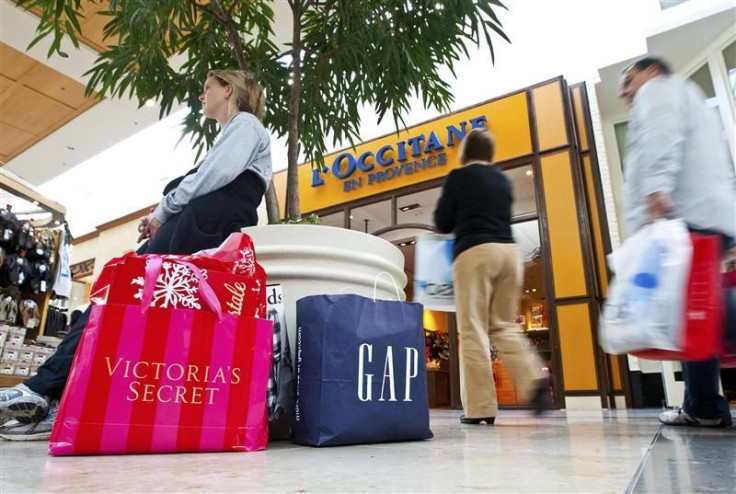Mall Operator Washington Prime Falls To The Pressure Of The Pandemic
Another mall operator has filed for bankruptcy protection during the coronavirus pandemic, this time its Washington Prime Group (WPG) – the owner of 102 shopping centers.
Washington Prime, which was spun off from mall operator Simon Property Group in May 2014, citing the pandemic and the “significant challenges” it presented for its reason for filing for Chapter 11, saying it was “necessary to reduce the company’s outstanding indebtedness.”
The Columbus, Ohio-based company, which has secured $100 million in debtor-in-possession financing, has entered into a restructuring support agreement with its creditors led by SVPGlobal, which holds about 73% of Washington Prime’s outstanding secured debt.
Through Chapter 11, Washington Prime said it will “deleverage its balance sheet and strengthen its business and operations going forward.” The company is looking to deleverage nearly $950 through the equitization of unsecured notes and paydown $190 million on its revolving credit and term loan facilities.
Lou Conforti, CEO and director of Washington Prime, said in a statement: “The company’s financial restructuring will enable WPG to right size its balance sheet and position the company for success going forward.
“During the financial restructuring, we will continue to work toward maximizing the value of our assets and our operating infrastructure. The company expects operations to continue in the ordinary course for the benefit of our guests, tenants, vendors, stakeholders and colleagues,” he added.
Washington Prime is not the only mall operator that has filed for Chapter 11 under the weight of the COVID crisis.
In November, CBL & Associates, which operates 107 malls in 26 states, and Pennsylvania Real Estate Investment Trust (PREIT), which owns 19 properties, filed for Chapter 11.
Along with mall operators, several retailers, such as JC Penney, Neiman Marcus, J. Crew, Brooks Brothers, and GNC, have also fallen during the pandemic, filing for bankruptcy protection and closing numerous stores in the process. Foot traffic at brick-and-mortar stores waned during the height of the COVID crisis as consumers stayed home to prevent the spread of the virus and shopped online instead.
Now that consumers are returning to in-store shopping with the rollout of the COVID vaccine, many retailers are emerging from bankruptcy, including Christopher & Banks, Guitar Center, JC Penney, Stein Mart, and Tuesday Morning, but many retailers are focusing their efforts on e-commerce sales as consumers get used to digital shopping.
A flurry of retailers have pared down their overall store footprint cutting back their physical store locations. In recent months, JC Penney, Fry’s Electronics, Victoria’s Secret, Sears, Kmart, Best Buy, DSW, Fossil, and Disney have all announced they were closing locations.
Data firm Coresight Research has predicted that 25% of the nation’s 1,000 shopping malls will close by 2025, which will only be accelerated by the closure of one or two department stores at the sites, as reported by CNBC.

© Copyright IBTimes 2024. All rights reserved.





















